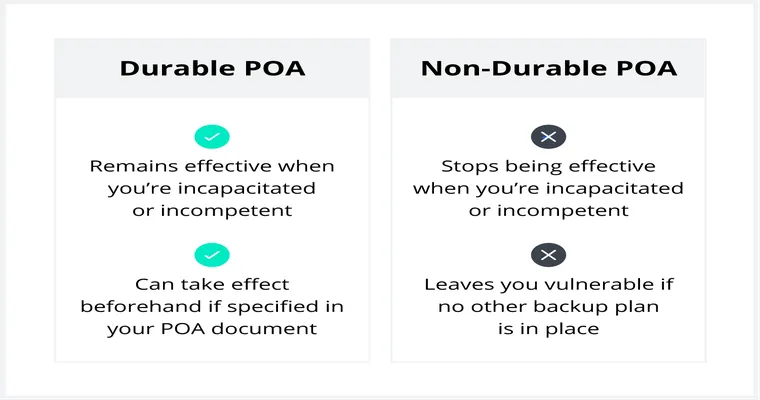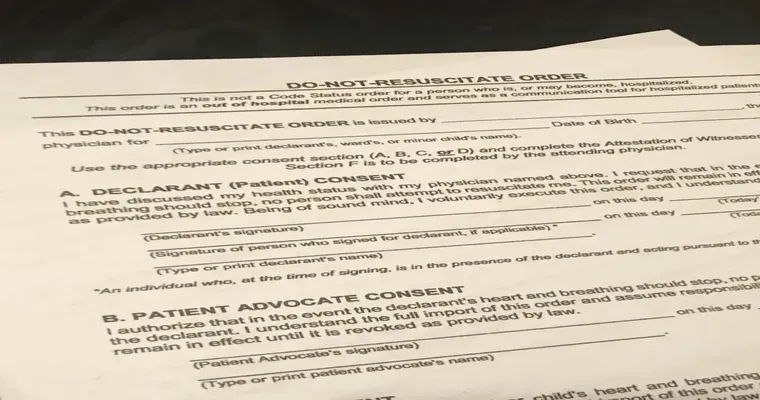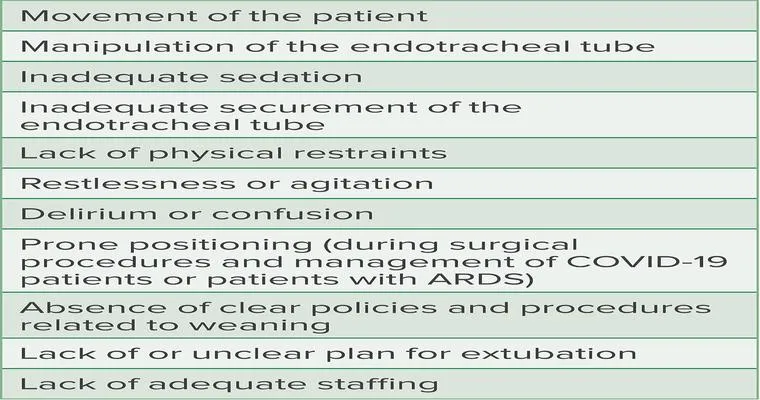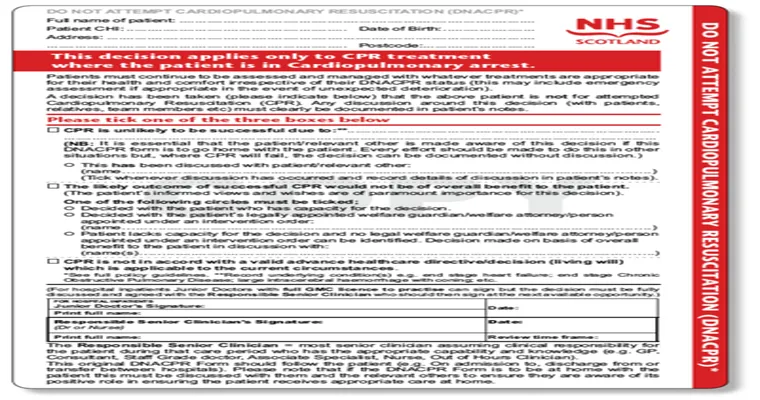Understanding the "difference between POA, Durable POA, and a Living Will" is crucial for anyone looking to make informed decisions about their healthcare and financial matters. While all three documents serve important roles in estate planning, they have distinct functions and implications. This article will clarify each term and help you navigate the complexities of these legal instruments.
A "Power of Attorney (POA)" is a legal document that allows an individual (the principal) to designate another person (the agent) to make decisions on their behalf. This can pertain to financial matters, property management, or other important decisions. A POA can be effective immediately or can become effective only upon the principal's incapacity, depending on how it is drafted.
In contrast, a "Durable Power of Attorney" is a specific type of POA that remains effective even if the principal becomes incapacitated. This durability is a significant aspect for those wishing to ensure that their financial and legal matters are managed without interruption, even in the event of serious illness or injury. A Durable POA can cover a wide range of decisions, including healthcare choices, but it is primarily focused on financial affairs.
On the other hand, a "Living Will" is a document that outlines an individual's preferences regarding medical treatment in situations where they are unable to communicate their wishes. Unlike a POA, which designates someone to make decisions for you, a Living Will provides specific instructions about what types of medical care you do or do not want, such as life-sustaining treatments or palliative care. This document is particularly important for patients facing terminal illnesses or severe medical conditions.
To summarize, the main differences are as follows:
1. "Power of Attorney (POA)": Allows someone to act on your behalf for various decisions, potentially effective immediately or upon incapacity.
2. "Durable Power of Attorney": A type of POA that remains valid even if you become incapacitated, ensuring continued management of your affairs.
3. "Living Will": A directive that specifies your healthcare preferences when you cannot communicate, focusing solely on medical treatment decisions.
Understanding these distinctions can empower you to create a comprehensive estate plan that addresses your specific needs and preferences. It is advisable to consult with a legal professional to ensure that your documents are drafted correctly and align with your intentions. By taking these steps, you can gain peace of mind knowing that your wishes will be respected and your affairs will be managed according to your desires.





